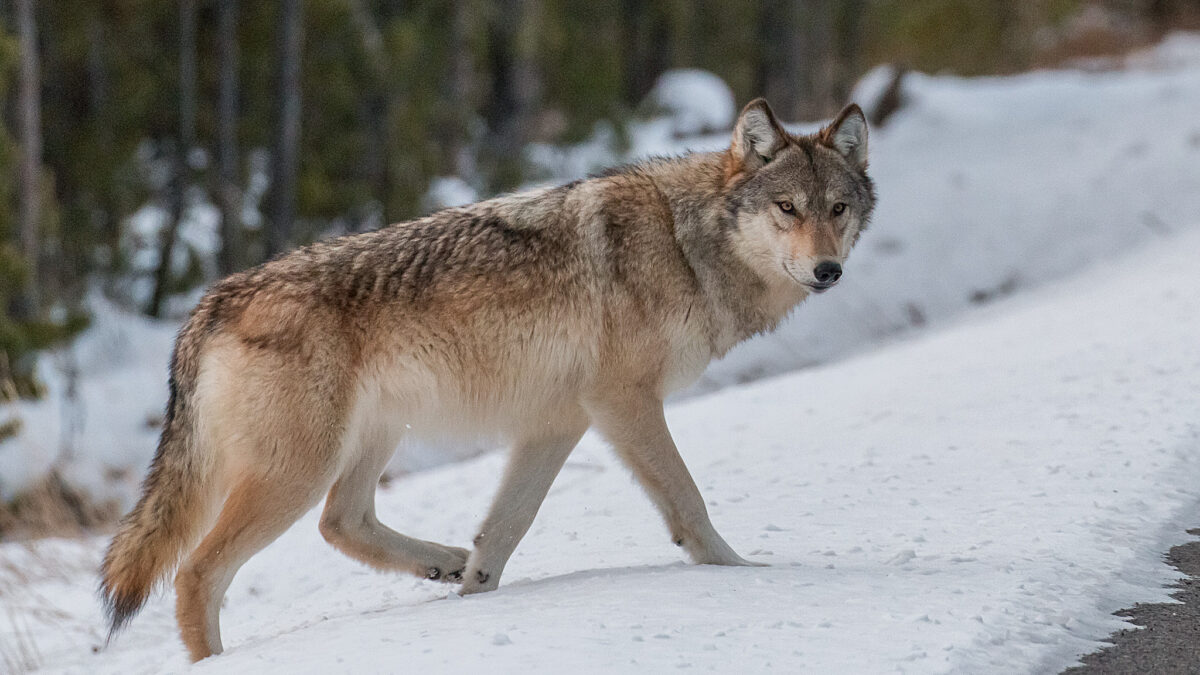Farm Bureau: Recovered Gray Wolf Should be Taken off Endangered Species List
TOPICS
Wolf ProtectionErin Anthony
Director, Communications

photo credit: Getty
Having met recovery standards for well over a decade, removal of the gray wolf from the endangered and threatened species list is long overdue, the American Farm Bureau Federation recently told the U.S. Fish and Wildlife Service.
Emphasizing that all states in the continental U.S. with wolf populations have met delisting requirements, Farm Bureau told FWS its proposal to delist the gray wolf is “clearly justified in light of the goals of the Endangered Species Act; the best available scientific and commercial data; the goals outlined in various recovery plans; and the aggressive leadership in affected states.”
To highlight the great extent to which gray wolves across the United States have long since met recovery goals, the organization pointed out that in the Great Lakes region, wolf numbers today are more than double the number of wolves that are needed for recovery, while in parts of the intermountain west, wolf populations are estimated to be more than five times over the recovery targets.
The purpose of the Endangered Species Act is two-fold: to recover species that are in danger of becoming extinct and to determine when a species has recovered, Farm Bureau noted.
“If this recovery function is not observed, the ESA becomes nothing more than a cumulative list of species without regard to their status. Recovered species that are not delisted siphon scarce and valuable resources from species that really need them,” the group said.
Not only that, but failing to remove a recovered species from the endangered species list prevents farmers and ranchers in the regions in which that species lives from fully using their land. It also blocks them from protecting their animals. As the wolf population has grown, so has the number of wolf attacks on sheep, cattle, other livestock and even family pets.
Farm Bureau also referenced FWS’s own documentation on the status of the gray wolf, which said that wolves have recovered and “are neither currently in danger of extinction, nor likely to become so in the foreseeable future, throughout all or a significant portion of their range.”
“It is time for the ESA to work as it was intended and to remove species that no longer warrant its protections,” Farm Bureau concluded.
Submitting about 400 comments, state Farm Bureaus and Farm Bureau members representing 39 states joined the American Farm Bureau Federation in responding to the FWS proposal to delist the gray wolf.
